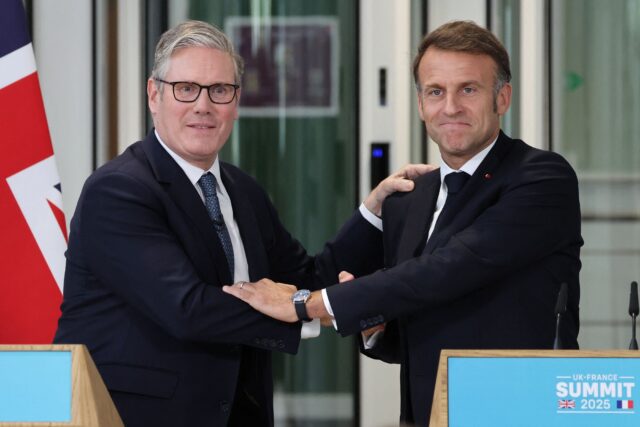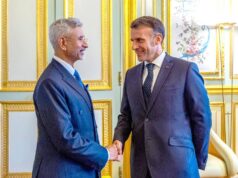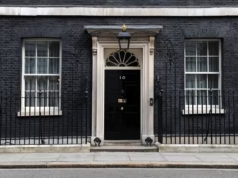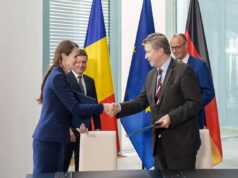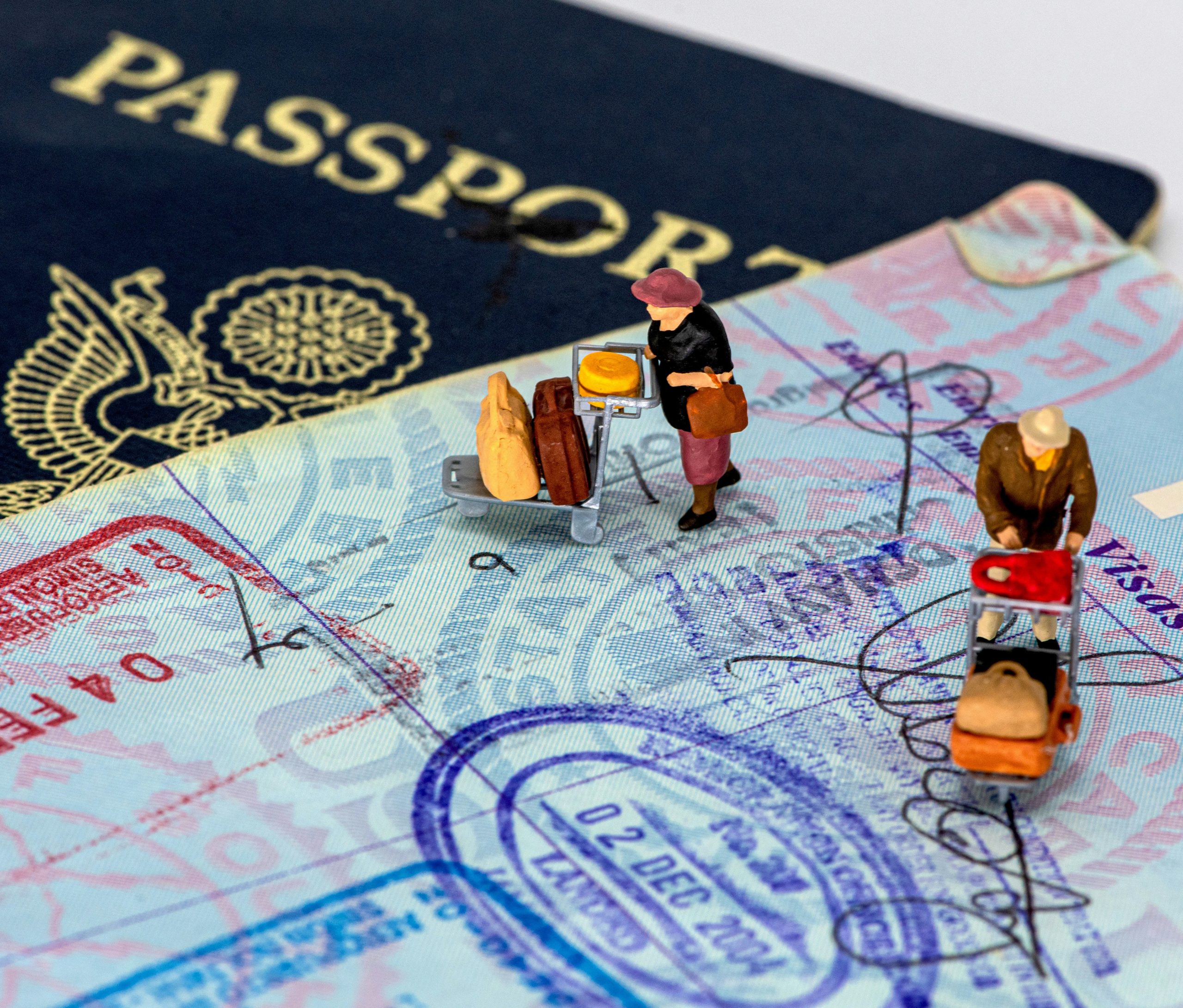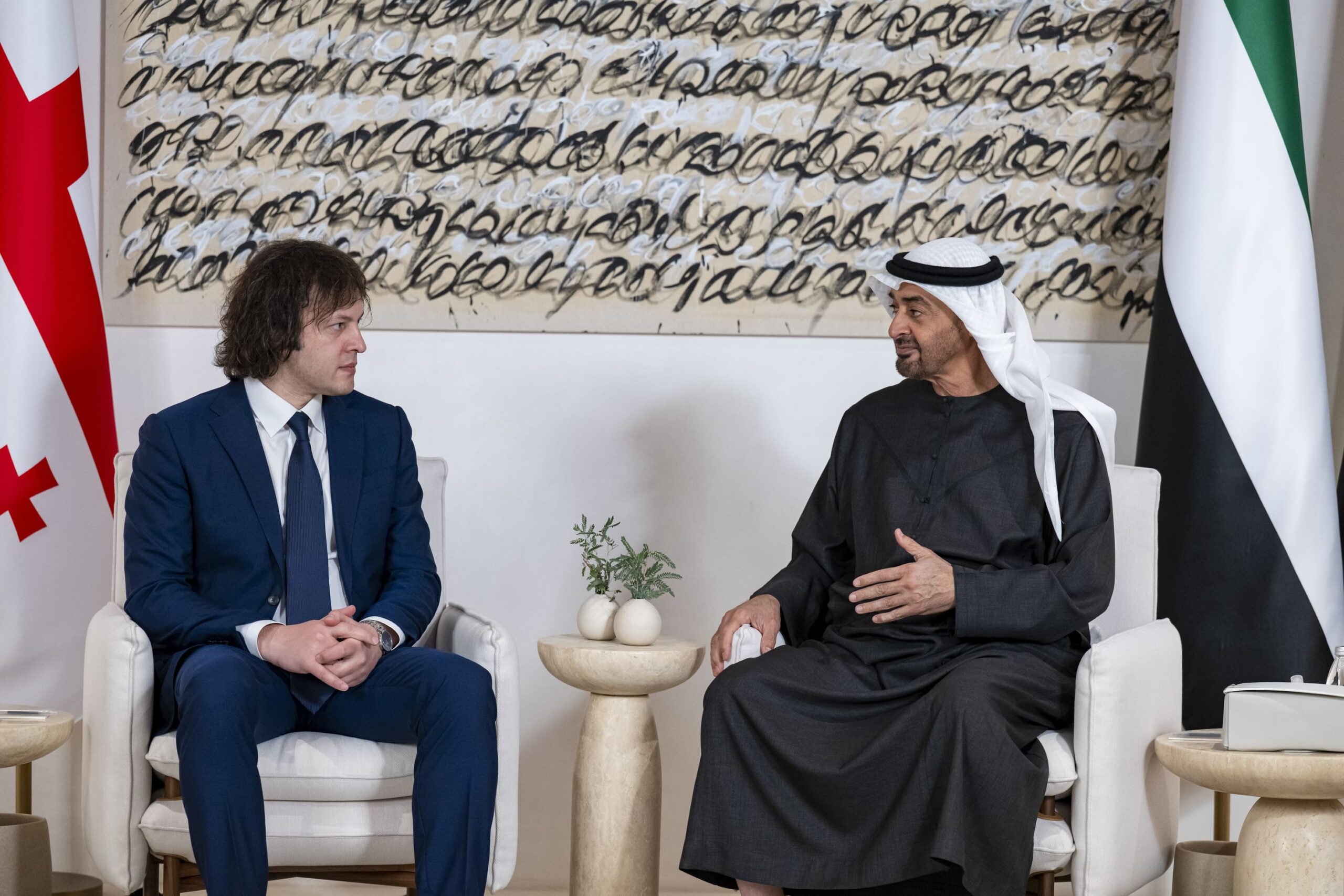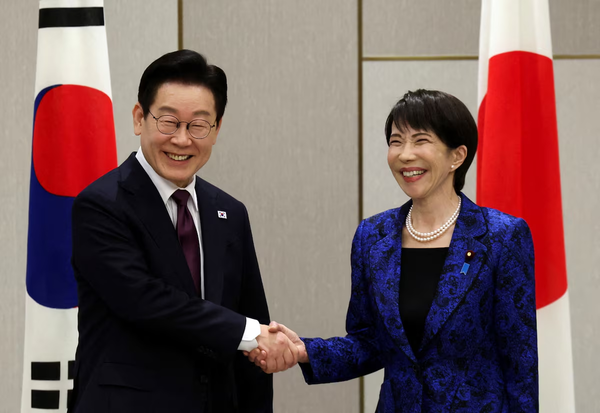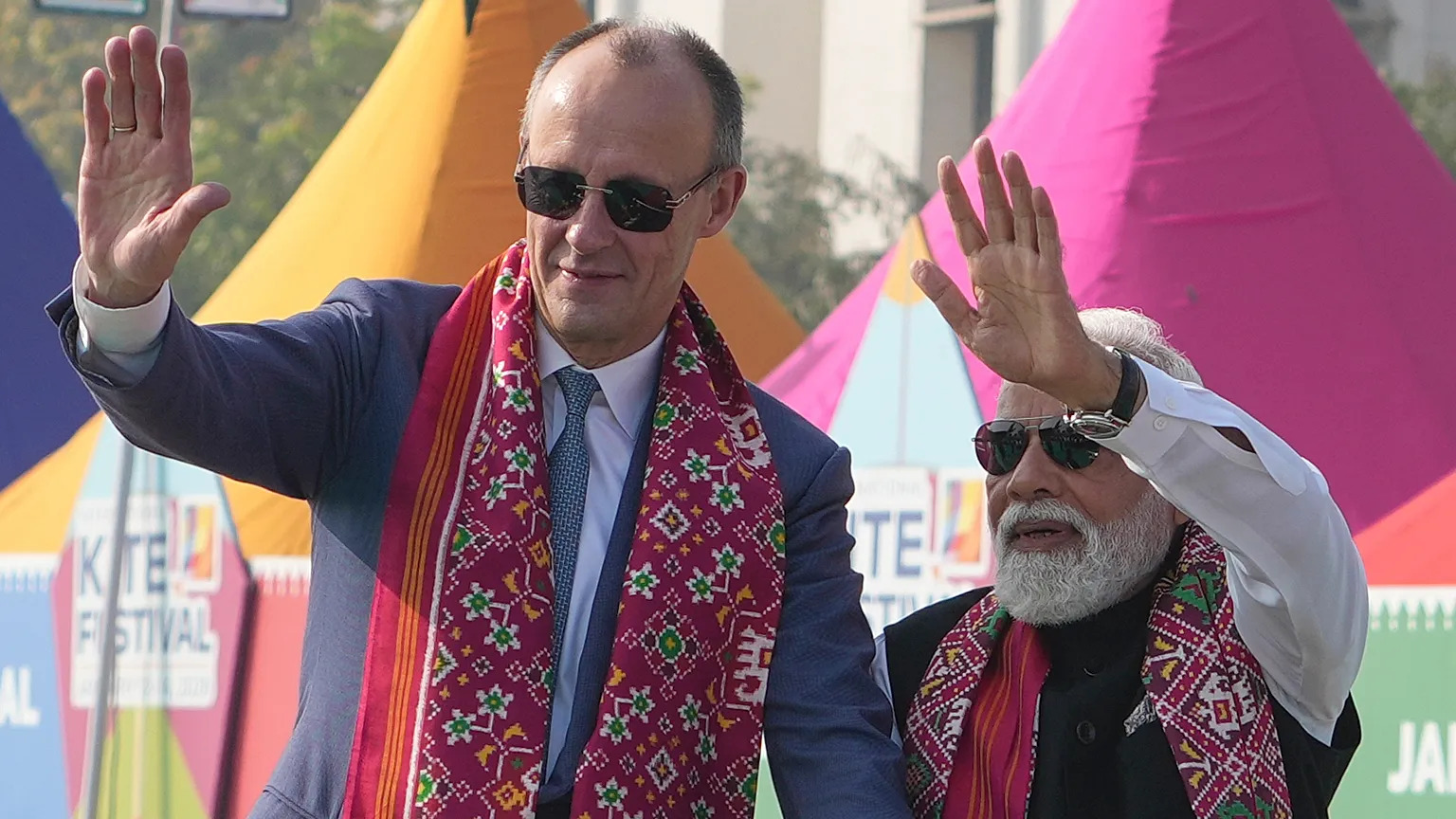The President of France, Emmanuel Macron, was on a three-day state visit to the United Kingdom (UK) from July 8-10, 2025, for the 37th UK-France Summit. President Macron’s visit is particularly significant as it marks the first visit by a head of state from the European Union since Brexit and the first visit by a French President to the United Kingdom since 2008.
Upon their arrival, the Prince and Princess of Wales, on behalf of the King, before the ceremonial welcome in Windsor, welcomed President and Mrs Macron. The state visit officially commenced with a spectacular welcoming ceremony in the Quadrangle of Windsor Castle, where Their Majesties, the King and Queen, greeted their guest. The day continued with a private lunch, followed by a special display of French-related items from the Royal Collection, curated in honour of the guests.
Soon after, the French President visited the Palace of Westminster to address both houses of Parliament. In his address, President Macron underscored the historical depth and significance of Franco-British relations. He called on allies to unite in defence of the international order, to proactively advance peace and collective security, and to phase out fossil fuels as part of the climate agenda. He highlighted the need to counter aggressive nuclear powers by strengthening NATO’s defence capabilities and emphasised cooperation on curbing illegal migration and investing in future-defining technologies. In essence, his speech served as a call to address global conflicts, enhance trade ties, manage migration challenges, and deepen the spirit of fraternity with the United Kingdom.
The first day of the visit concluded with a royal dinner at the State Banquet held in St George’s Hall, Windsor Castle, where His Majesty the King delivered a welcome speech celebrating a millennium of shared history and cultural ties between the people of Britain and France.
Prime Minister Starmer meets President Macron
President Macron’s second day was scheduled to meet with Prime Minister Keir Starmer. They discussed deepening their partnership to strengthening defence collaboration and increasing bilateral trade and investment. The Prime Minister welcomed EDF’s decision to take a 12.5% stake in Sizewell C, highlighting its potential to lower energy bills, create jobs, and enhance the UK’s energy security. Both leaders acknowledged their shared responsibility in addressing irregular migration and small boat crossings. They emphasised the importance of strengthening government enforcement, including a significant increase in illegal working arrests, to combat false job promises used by traffickers to lure people onto boats.
Outcomes of the 37th UK-France Summit
The final day of the visit concluded with an important event: the summit.
At the summit, PM Starmer and President Macron reaffirmed their nations’ shared commitment to peace, democracy, and the rules-based international order. The summit revolved around five key areas: foreign policy, defence and security, irregular migration, growth, and people-to-people partnerships.
In foreign policy, both leaders pledged long-term support for Ukraine, coordinated on nuclear deterrence, and advocated for regional peace. They reaffirmed their goals regarding Iran’s nuclear programme, Gaza’s humanitarian crisis, Indo-Pacific security, climate action, and UN reform.
In the matter of defence and security, the UK and France launched Lancaster House 2.0 to modernise defence ties, coordinate nuclear deterrents, and form a Combined Joint Force for large-scale warfighting. They pledged deeper cooperation on cyber threats, AI, and counter-terrorism, aiming to reinforce Euro-Atlantic security and shape future defence architecture with European allies.
A historic step was taken with the release of the first-of-its-kind UK-France joint nuclear statement, also known as the Northwood Declaration. This policy will deepen their nuclear cooperation and coordination to advance the overall security of the Alliance and ensure peace and stability in the Euro-Atlantic area.
Both countries face the problem of irregular migration. To tackle this, both leaders pledged to intensify cooperation against Channel smuggling by enhancing maritime action, law enforcement, asylum reforms, and upstream strategies. A pilot plan has already been laid out that will enable the return of migrants to France and create a legal route to send them back to the UK. This aims to disrupt organised crime networks and promote wider European collaboration on irregular migration.
To foster development, both leaders discussed growth avenues such as strengthening cooperation in future economic sectors, including AI, energy, and space. To promote resilience, infrastructure security, and a net-zero transition, commitments were made that include civil nuclear diversification and satellite investment. The leaders emphasised key technologies and transport collaboration, which aims to spur innovation, protect workers, and ensure sustainable growth across Europe.

